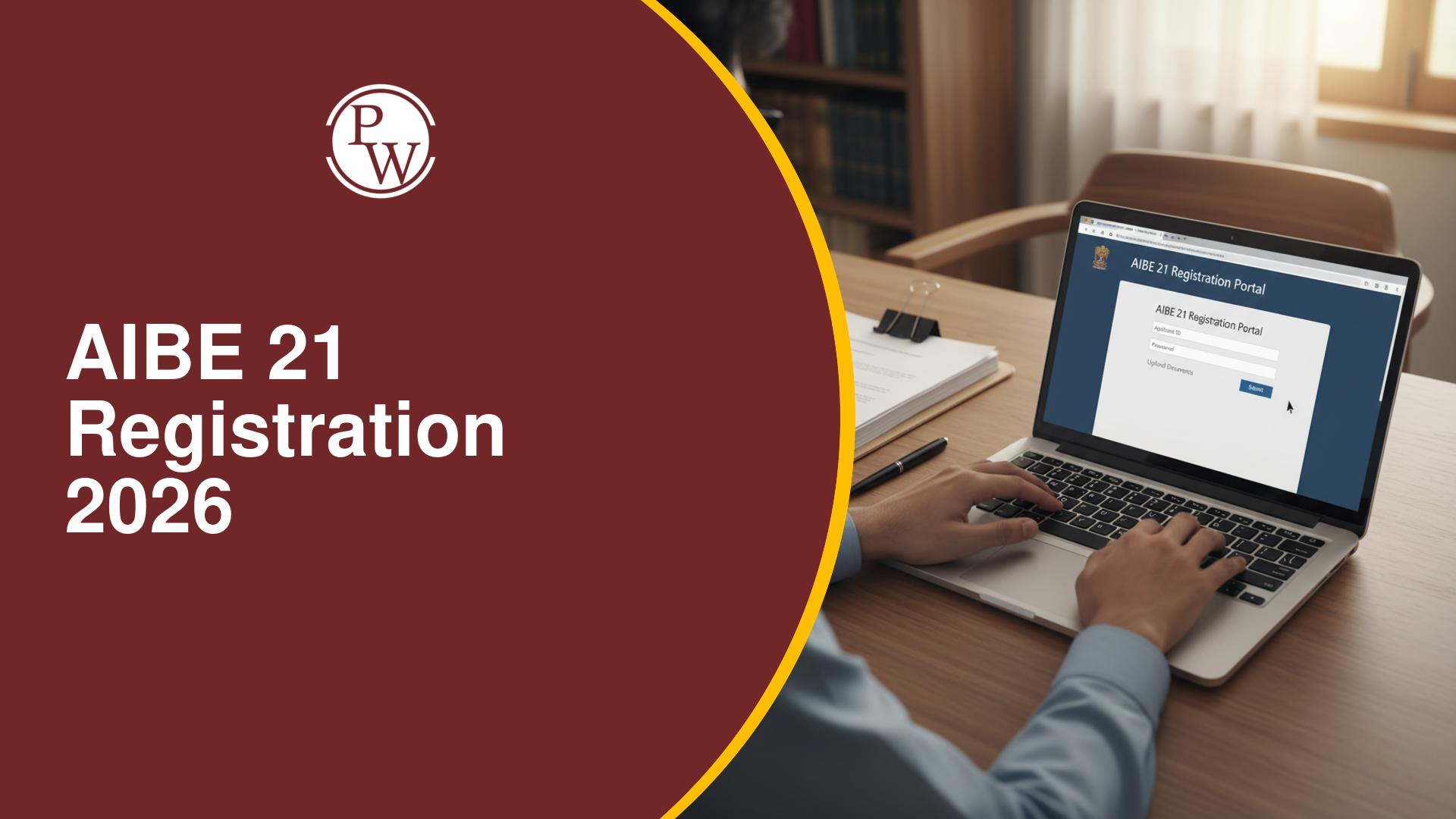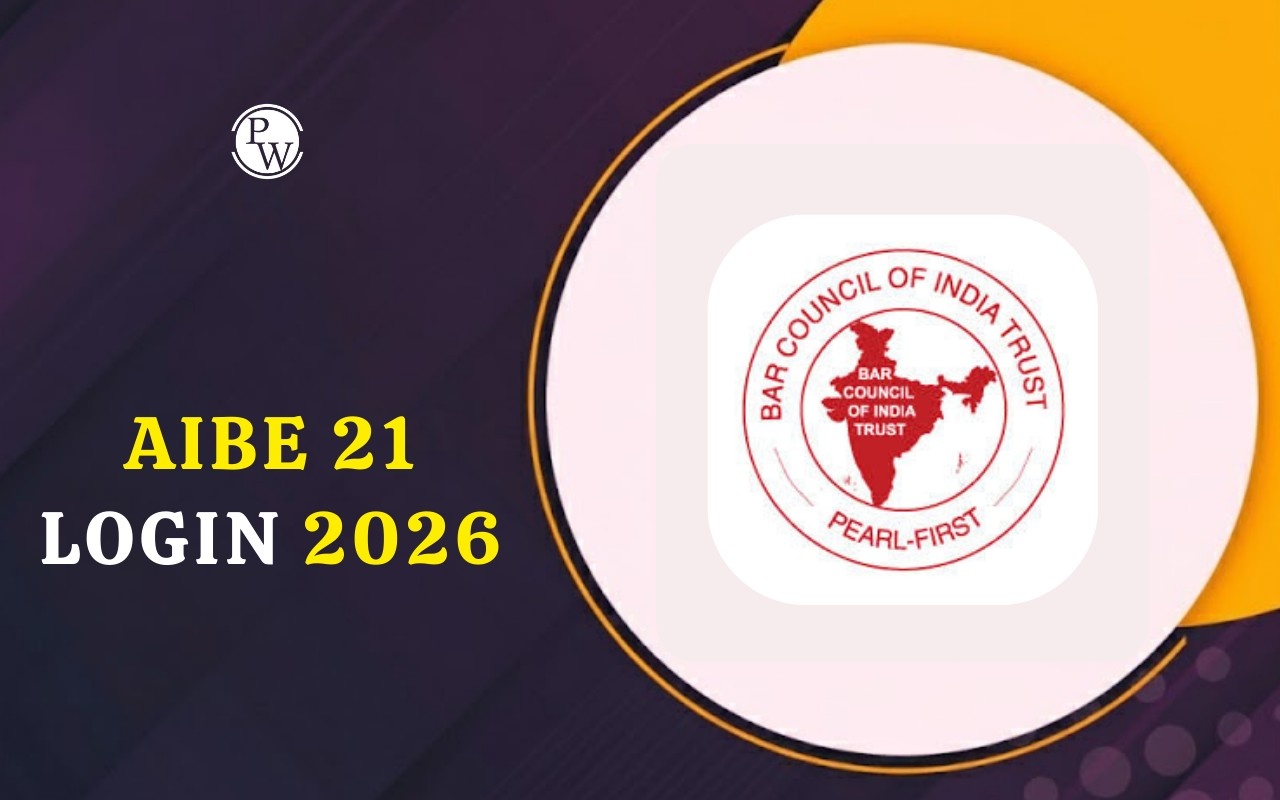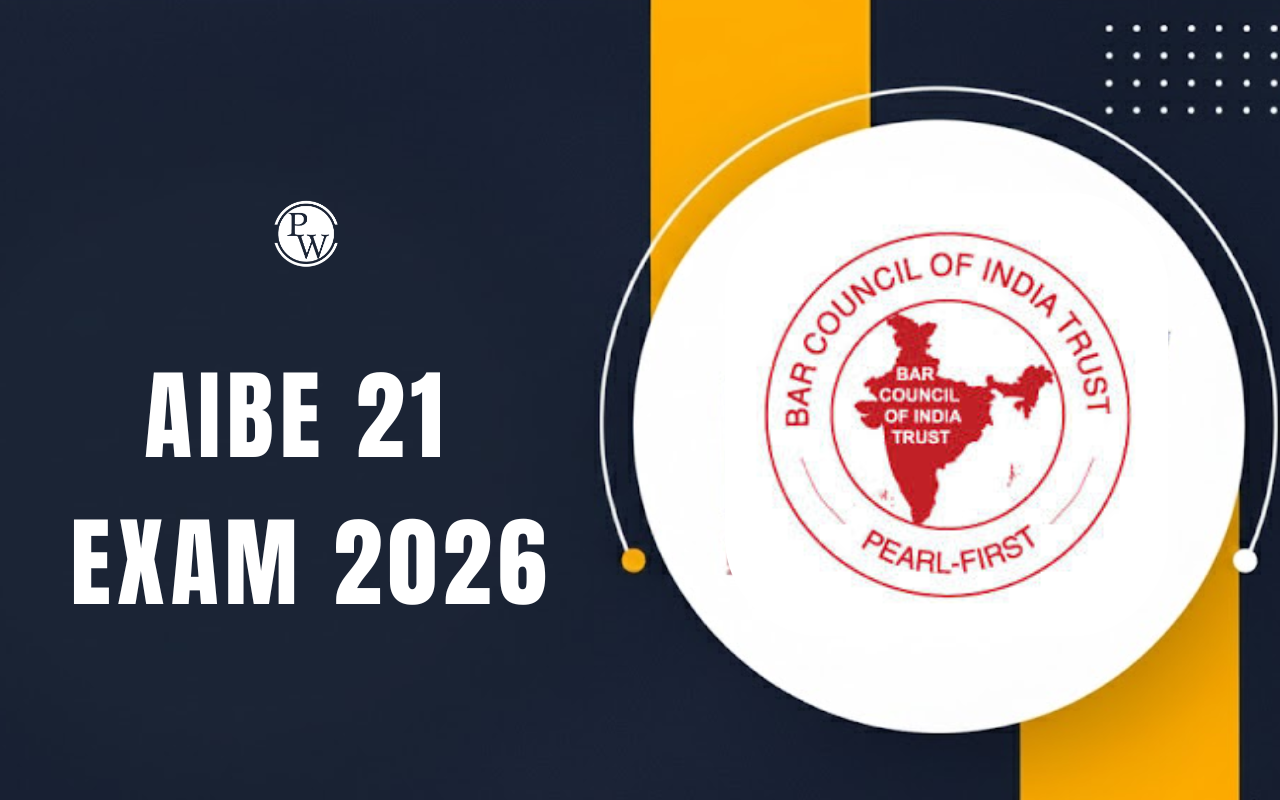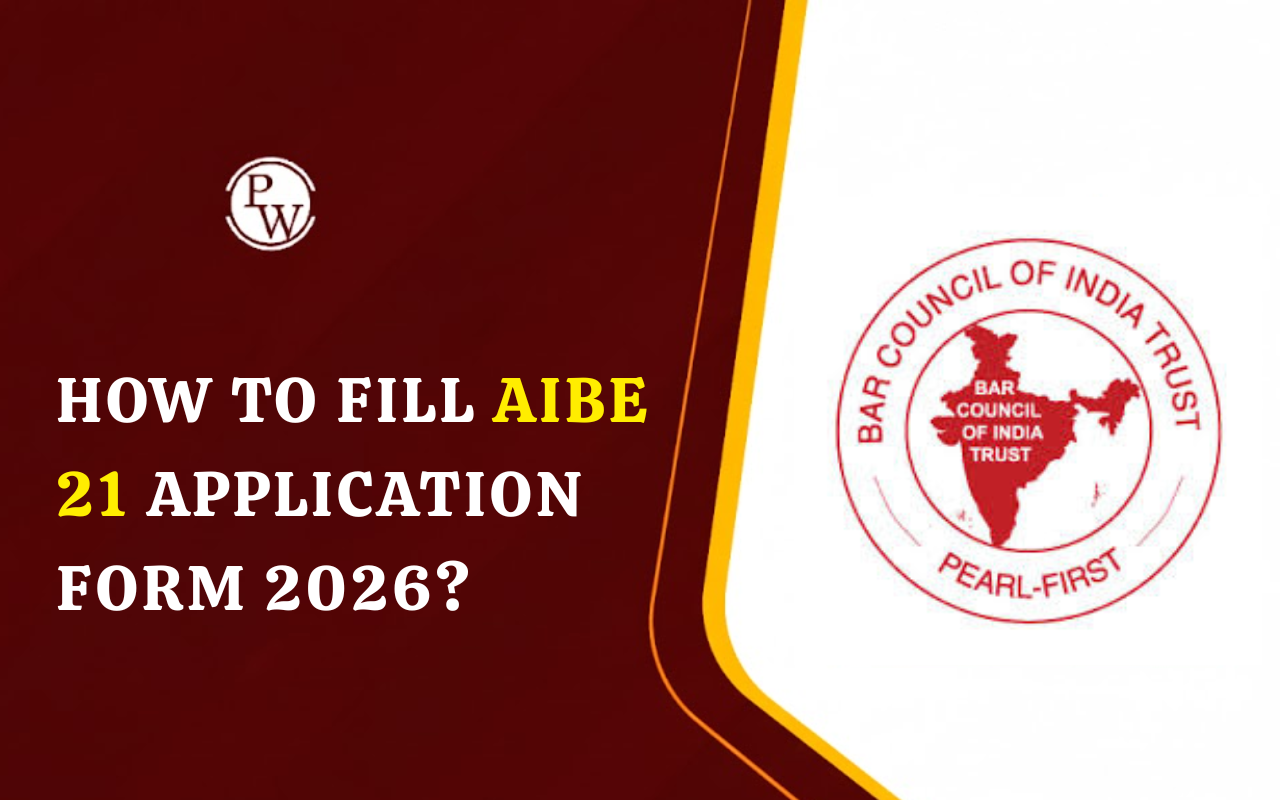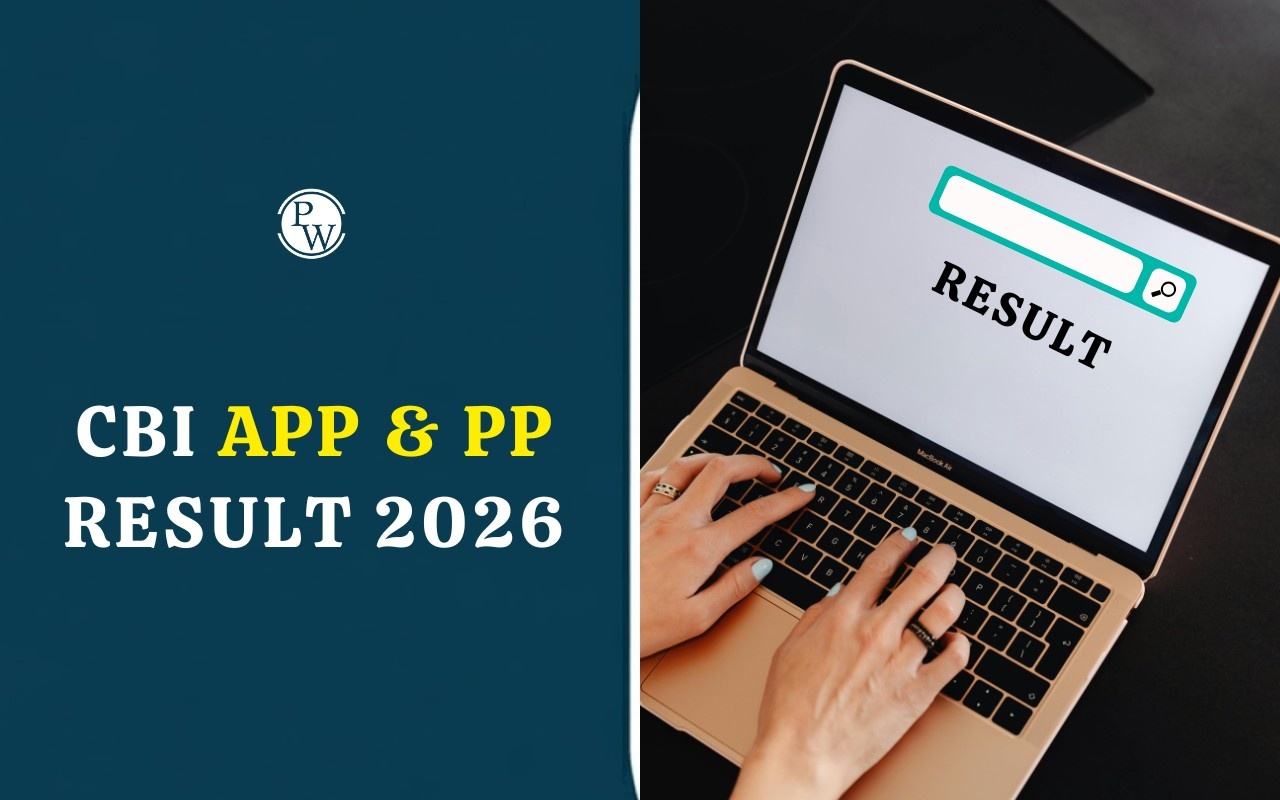
How to Study Bare Acts for Judicial Service Exams: Judicial Service Exams require a deep understanding of the Bare Acts and texts of laws performed by the legislature. These are the primary sources of law and are fundamental to the legal system. To study Bare Acts for Judicial Service Exams, start by reading the text actively, highlighting key sections, and summarizing them in your own words. Candidates must revise sections frequently to reinforce their knowledge and enhance retention.
What are Bare Acts?
Bare Acts are the original, unannotated texts of laws enacted by legislative bodies. They are called "bare" because they present the full text of a statute without any commentary, interpretations, or judicial decisions that may clarify or explain the law. These texts provide the fundamental legal framework and are often used as a primary reference point in legal discussions and proceedings. Bare Acts provide a straightforward view of legal provisions, allowing readers to understand the law as it stands.Why Are Bare Acts Important for Judicial Service Exams?
Candidates preparing for the Judicial Service Exams must know that Bare Acts form the crux of these exams. Some of the points highlighting the importance of Bare Acts for Judicial Service Exams are mentioned below.- Direct Reference
- Clarity of Legal Provisions
- Basis of Case Law
- Improve Analytical Skills
Types of Bare Acts
Some of the important Bare Acts for Judicial Service Exams are given below.1. Civil Law: Civil Law regulates private rights and matters such as family law, torts, and contracts. Some of the important examples/cases related to it are as follows.
- Actuaries Act 2006
- Administrative Tribunals Act 1985
- Code of Civil Procedure 1908
- Actuaries Act 2006
- Hindu Minority and Guardianship Act 1956
- Specific Relief Act 1963
- Transfer of Property Act 1882
- Indian Contract Act 1872
- Administrative Tribunals Act 1985
- Sale of Goods Act 1930
- Limitation Act 1963
- Constitution of India 1949
- Negotiable Instruments Act 1881
- Hindu Marriage Act 1955
2. Constitutional Acts: These are related to the Constitution and its amendments. All other laws operate under them. Some examples/cases are given below.
- Constitution of India, 1949
3. Criminal Law Acts: These are related to crimes, their procedures, and punishments. Its examples are as follows.
- Indian Evidence Act 1872
- Indecent Representation of Women Prohibition Act 1986
- Code of Criminal Procedure Act 1973
- Indian Penal Code 1860
- Probation of Offenders Act 1958
- Medical Termination of Pregnancy Act 1971
- Protection of Women from Domestic Violence Act 2005
Why You Should Read Bare Acts for Judicial Service Exams?
Aspirants must have a comprehensive understanding of case analysis for judicial interpretation while preparing for the Judicial exams. Some noteworthy pointers are mentioned below that will help them in their case analysis.- Contextual Clarity
- Legal Precedents
- Application of Law
- Identifying Trends
- Comprehensive Understanding
- Argumentation Skills
Tips & Tricks to Read Bare Acts for Judicial Service Exams 2024
Since Bare Acts are very important for Judicial Exams, candidates must strategize their preparation accordingly. Some of the tips that candidates can effectively apply to master the Bare Acts for Judicial Service Exams are mentioned below.- Familiarity with the structure: Understand the layout of the Bare Acts, including headings, sections, and sub-sections. This helps you navigate the text more efficiently.
- Contextual Sections: Relate sections to real-world scenarios or landmark cases. This helps you remember how laws are applied practically.
- Focus on Important Acts: Prioritize key Acts that are frequently asked in Judicial Exams, such as the Indian Penal Code, Code of Civil Procedure, and Code of Criminal Procedure.
- Use Mnemonics: Create mnemonics or acronyms to remember important sections or provisions.
- Use Commentaries: While Bare Acts are your primary focus, occasionally refer to commentaries or guides for clarification on complex provisions.
- Keep Updated: Keep track of any amendments or changes to the law. Updated knowledge is essential for success in exams.
- Break down Bare Acts: If a Bare Act seems complex and difficult to understand, break it down into smaller sections and tackle them one at a time.
How to Study Bare Acts for Judicial Service Exams FAQs
What are Bare Acts?
How to prepare case laws for the judiciary exam?
Which bare act is frequently asked in the judiciary?
How to memorize bare acts?
How many bare acts are there in Indian law?

